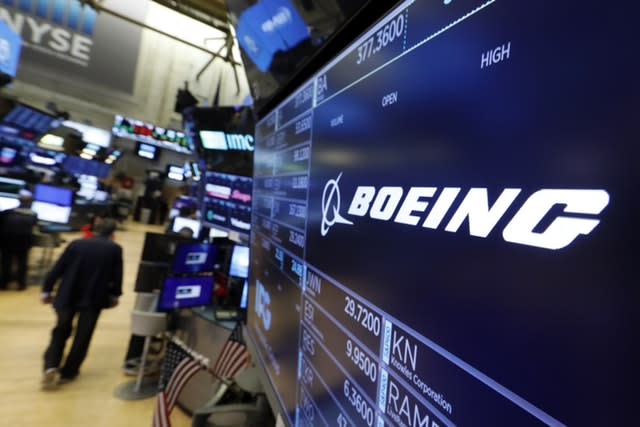Boeing 737 crashes: Ex-engineer blames ‘lack of resources’ during manufacturing
There was a “lack of sufficient resources” to properly manufacture Boeing’s 737 Max jet, a former engineer has said following two fatal crashes of the aircraft.
Adam Dickson, who worked at Boeing for 30 years, led a team of engineers who worked on the plane, which has been grounded since March after 346 people were killed in separate crashes in Ethiopia and Indonesia.
“Certainly what I saw was a lack of sufficient resources to do the job in its entirety,” Mr Dickson told BBC’s Panorama.
“The culture was very cost-centred, incredibly pressurised. Engineers were given targets to get certain amount of cost out of the aeroplane.”
Engineers were pressured to classify new features as minor rather than major changes so Boeing faced less scrutiny from US regulator the Federal Aviation Administration, Mr Dickson said.
He added that his own family have significant concerns about the jet’s safety.
“My family won’t fly on a 737 Max. It’s frightening to see such a major incident because of a system that didn’t function properly or accurately.”
Boeing told the BBC that its former employee’s comments were not correct.

Earlier this month, the aircraft manufacturer said it had booked a 4.9 billion US dollars (£3.9 billion) charge to cover possible compensation to airlines that have cancelled thousands of flights since the 737 Max was grounded.
The Chicago-based company also said the Max-related fallout will cut almost 5.6 billion dollars (£4.5 billion) from its revenue and pre-tax earnings in the quarter April to June.
It said the calculations were based on an assumption that regulatory approval for the plane’s return to flying will begin early in the fourth quarter.
Boeing has been attempting to devise a patch for the software which downed the jet in Indonesia and Ethiopia.
Airlines have made advanced purchases on the plane since 2011, with its first passengers taking to the air in 2017.

 Yahoo News
Yahoo News 
